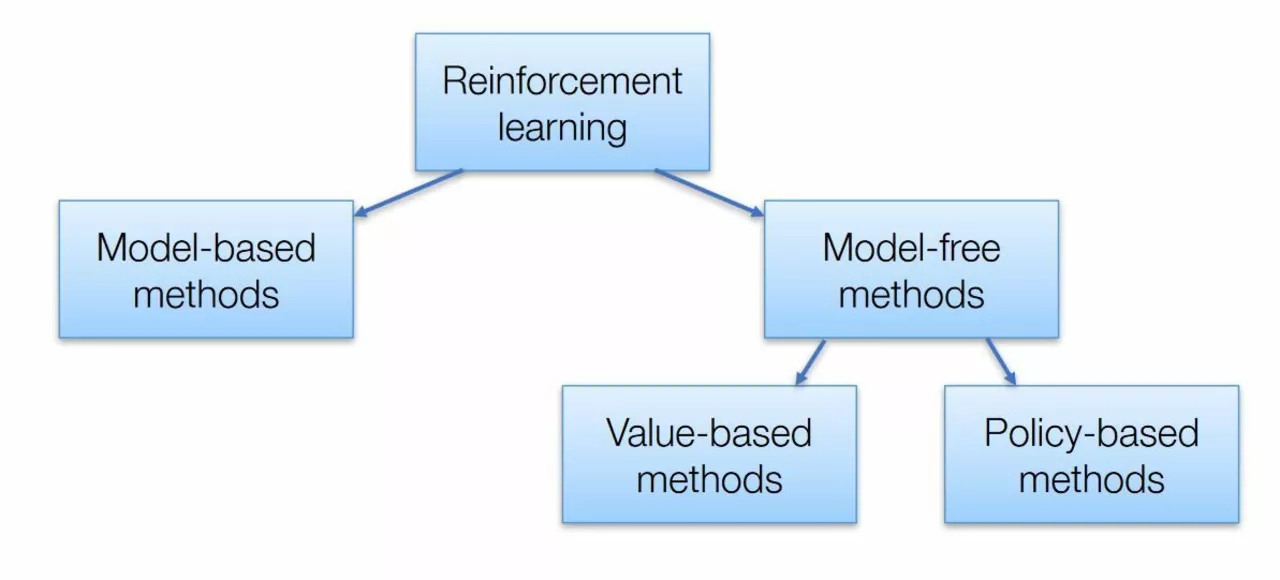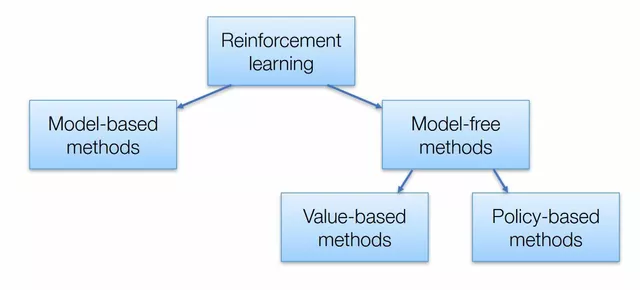Job Displacement: Why It Happens and What You Can Do
Ever felt the panic when a role disappears because a machine takes over or a company reshuffles? That feeling is called job displacement. It’s not just a buzzword; it’s a real shift that hits many workers each year. Understanding the why and the how can turn a scary moment into a chance to grow.
What Triggers Job Displacement?
Technology is the biggest driver. Robots, AI, and cloud platforms can do tasks faster and cheaper than a person. When a factory adds a new robot arm, the line worker might find their position gone. Same goes for software that automates data entry or customer support.
But it’s not only tech. Mergers, market downturns, and changes in consumer demand can also cut jobs. For example, a retail chain that moves online may close several stores, leaving cashiers without a place to work. Economic trends like off‑shoring or the rise of gig platforms add more twists to the story.
How to Bounce Back Quickly
First, stop the panic and take stock of your skills. List everything you do well—hard skills like coding, invoice processing, or machine operation, and soft skills like communication, problem‑solving, and teamwork. This inventory shows you what you can market right now.
Next, look for gaps. If automation is the culprit, learning a new tool or platform could make you valuable again. Free courses on platforms like Coursera or edX can give you a quick boost in data analysis, cloud basics, or digital marketing.
Networking isn’t optional—it’s your lifeline. Reach out to former coworkers, attend virtual meet‑ups, and join industry groups on LinkedIn. A quick conversation can reveal hidden job openings or freelance gigs that aren’t posted publicly.
Consider a sideways move. If your current role is vanishing, a similar position in another department may need your experience. For example, a warehouse supervisor could transition to inventory planning, using the same logistic know‑how but in a less manual setting.
Finally, keep an eye on emerging sectors. Renewable energy, health tech, and e‑learning are hiring fast. Even if you’re not an expert, many companies offer on‑the‑job training for motivated candidates.
Job displacement feels like an unwelcome surprise, but with a clear plan you can turn it into a stepping stone. Identify your strengths, fill the skill gaps, network like crazy, and stay open to new industries. The next role might just be a better fit for your future.

What is the problem AI will bring us?
As a blogger, I've been noticing a growing concern surrounding the rise of Artificial Intelligence (AI) in our society. One major problem AI could bring us is job displacement, as more tasks become automated, potentially leaving many people unemployed. Additionally, AI's decision-making abilities may lead to ethical dilemmas, as machines might not consider the nuances of human emotions and values. Furthermore, the risk of AI being used for malicious purposes, such as in cyber warfare, is a frightening possibility. In summary, while AI has the potential to revolutionize our world, it also raises significant concerns about job security, ethical dilemmas, and the potential for misuse.
CONTINUE READING



